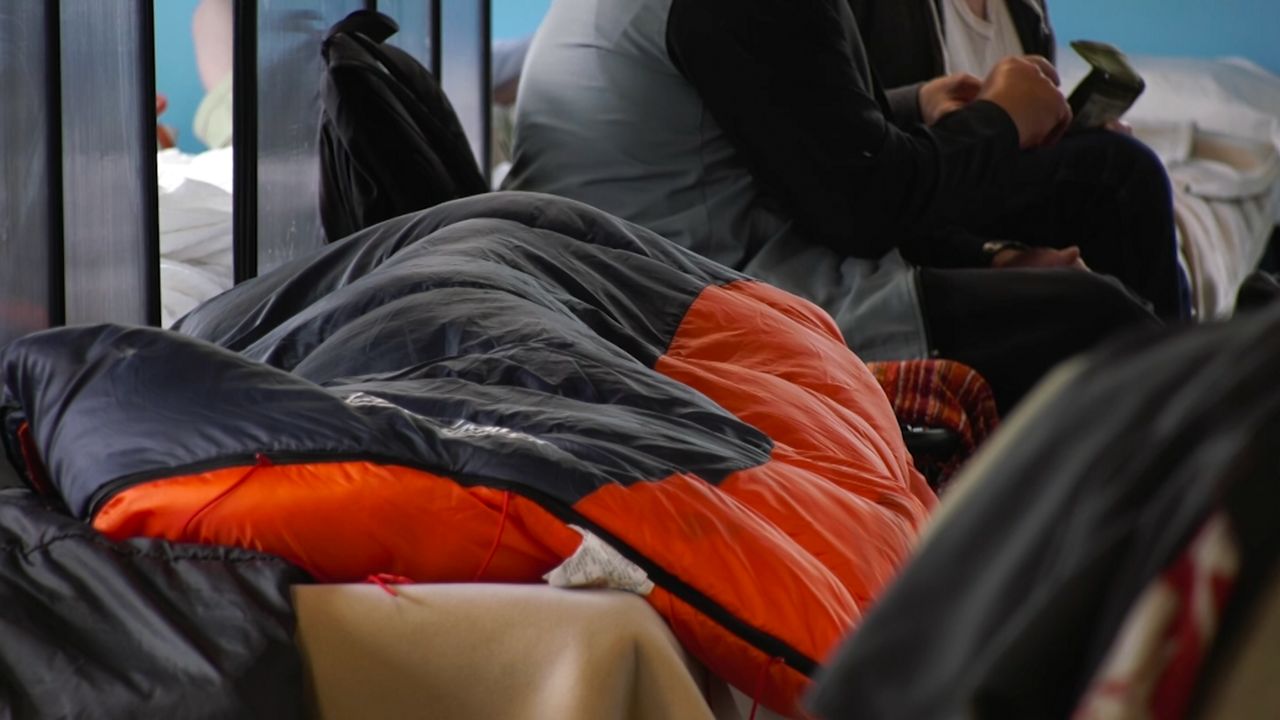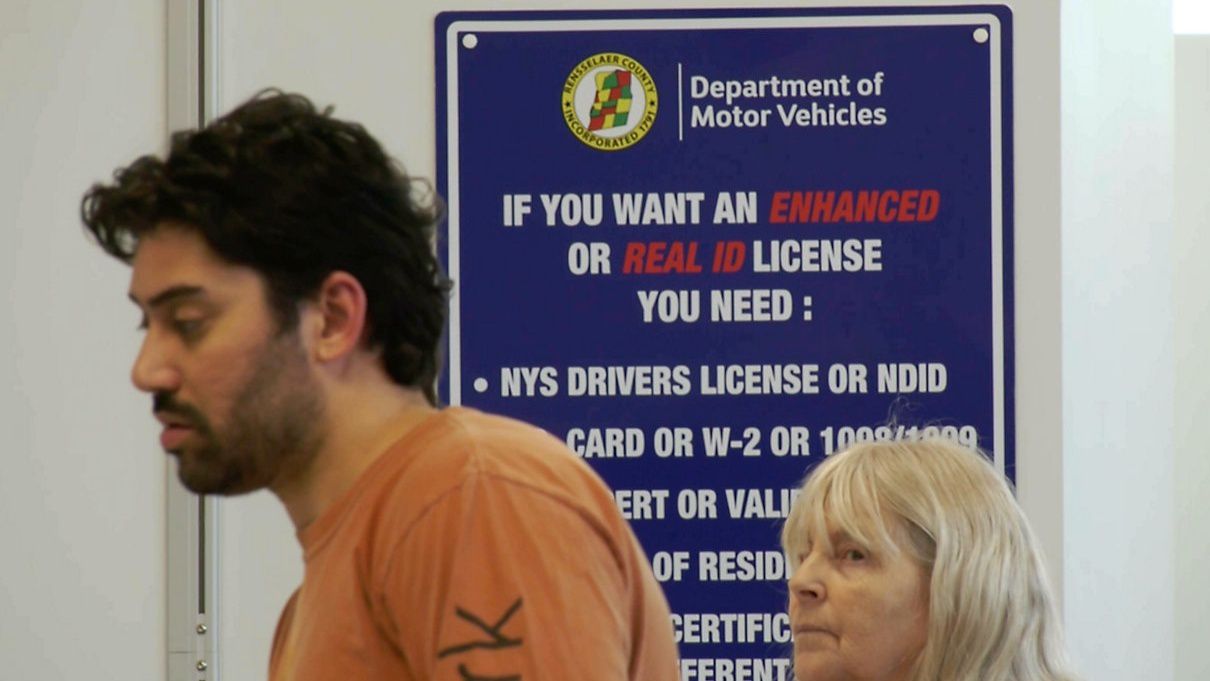According to the Yale Center for Dyslexia and Creativity, dyslexia impacts 20% of the population. It can be difficult for children to overcome the challenges posed by this learning disability, especially in school. A company based in New York is using artificial intelligence (AI) to help these children succeed.
Caitlyn Coyle is 13 years old. She enjoys playing sports and music, but reading and spelling was always a challenge for her.
“It was just embarrassing because all the kids my age would always like correct me and stuff and then they'd kind of like, make fun of me about how stupid I was,” Coyle said.
Coyle has dyslexia. Dyslexia is a learning disorder that makes it difficult for someone to read, spell and write. Those who deal with it are frequently intelligent, but their brains have a tough time connecting letters they see to sounds they make.
Caitlyn’s mom, Jennifer, has a background in social work and education. She noticed her daughter was struggling with reading in first and second grade, so she received special services for this in school until a teacher told Jennifer they could no longer work with her daughter on sounding out words because she couldn’t do it.
“There was no way you could ever read fluently if every single sentence you had to guess words that you couldn't sound out,” Jennifer said. “They were not planning on teaching that anymore, and that scared me.”
A doctor suggested using a computer program called Dysolve. It uses AI to create games based on the needs of the user.
“It's not about reading alone," Dysolve founder Dr. Coral Hoh said. "It's about all the language functions that go with it. And if you can correct that, then learning is not difficult for them, and that's why they excel." Caitlyn has been using it since the third grade. She’s currently in the eighth grade, and her reading abilities are now up to standard.
“I didn't know how much it would help mem" Caitlyn said. "I would just like sit there, and my mom would have to watch me be like, ‘You have to do this for 10 minutes every day.' And I’m so glad I listened to her."
Dr. Hoh and Jennifer both hope options, like this, can become available in schools so kids, like Caitlyn, are able to focus on the fundamentals rather than the challenges.
“I’m so proud of her because she's done so much work,” Jennifer said. “I think that any parent that has a child with any sort of learning disability, whether that's dyslexia, their kid has to work so much harder than all of the other kids in class.”
Caitlyn plans to continue using Dysolve through high school with her eyes on becoming a doctor or lawyer when she gets older.
“The New York State Education Department supports the use of technology to increase students’ access to high-quality, personalized, culturally, and linguistically responsive instruction. The decisions on which technologies to use, and how they are used, are made at the local level,” a New York State Education Department (NYSED) spokesperson said.
They are working on a guidance plan aimed at how artificial intelligence technology can be used in schools.
In New York, lawmakers also passed a bill to create a task force aimed at assisting people with dyslexia. Gov. Kathy Hochul signed the bill earlier this month.










